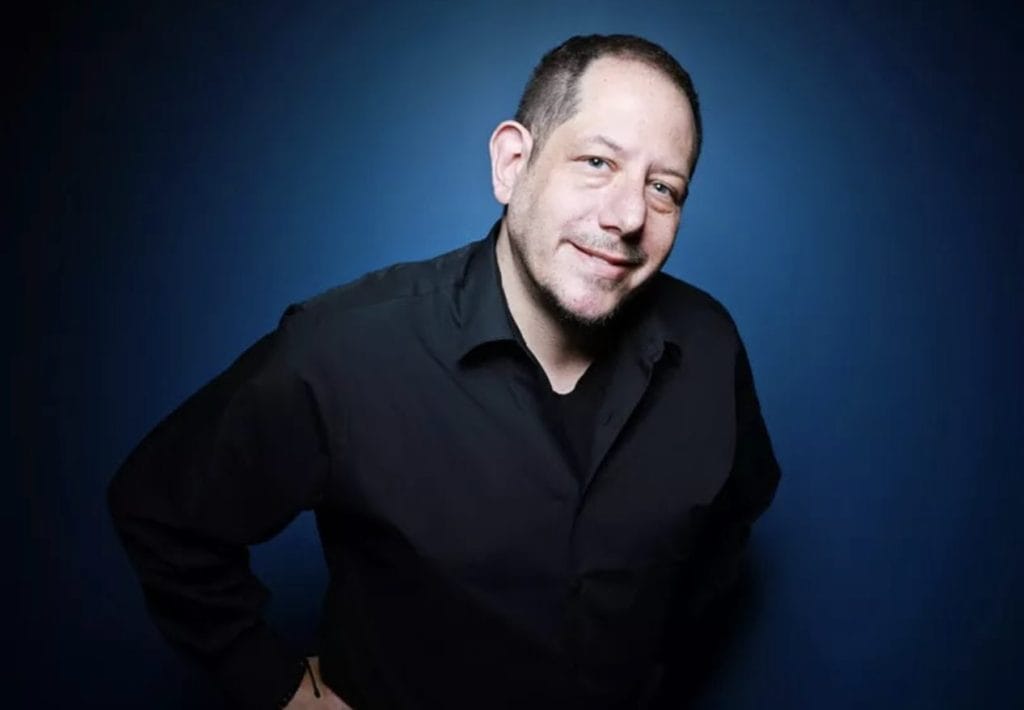
You Don’t Need to Release Music to Be a Real Producer
Table of Contents
There’s a moment that creeps up on every producer eventually. Usually when you’re not releasing. Not playing shows. Definitely not getting paid. It sneaks in mid-session, or in the quiet stretch after you close the DAW: why am I even doing this?
This simple question reers its head from different angles and perspectives, and for different reasons, at varying stages of your journey as an an artist too.
And it doesn’t go away the longer you stick around. If anything, it sharpens. And how you deal with it—without letting it shut you down—is what ends up separating people who build their life around music from people who just try it for a while.
When I first got serious about music, I was fresh out of college with an internship at a dance blog, burning through YouTube tutorials and release plans like my life depended on it. I wasn’t an artist yet—I was an analyst. Learning how everything worked. Chasing knowledge and precision like they were the end goals.
They’re not.
You can get good at mixing and still feel empty. You can have perfect drums and still hate the track. For me, it took almost a decade to realize that knowing how to make music isn’t the same as knowing why. That shift—from technician to artist—starts when you stop trying to get better at production and start figuring out what you’re even trying to say.
If production is your medium, then what are you trying to express? What kind of life are you building around it? And what’s keeping you going when no one’s listening?
What You Feed Your Head Matters
There are going to be seasons where you’re not putting music out. Or maybe you are, but nobody’s checking for it. That’s when your reasons for making music either hold up—or fall apart.
I’ve learned that the absence of output doesn’t mean the absence of progress. You’re still building something even when you’re not exporting files. In fact, some of the most important shifts happen away from the screen. It’s what you read. Who you talk to. What you let take up space in your head.
Most producers don’t realize this: when you’re not making music, you’re still shaping what kind of music you’ll eventually make. That’s why I’ve gotten extremely deliberate about what I consume. If you spend your free time binging low-effort content, arguing with people online, and letting chaos into your day-to-day—you’re training your brain to be noisy. You can’t live like that and expect clear ideas to show up when it’s time to write.
You have to build a life that’s quietly pointed at creation, even in the off-seasons. That’s what keeps you ready when ideas do come.
Research supports this approach. Downtime replenishes the brain’s stores of attention and motivation, encourages productivity and creativity, and is essential to achieve our highest levels of performance and form stable memories in everyday life.
Stop Running on Expired Fuel
The reasons we start aren’t always the reasons we continue.
At first, most of us are trying to prove something—to ourselves, to someone else. That’s fine. But if you’re still chasing the same external wins five years later, you’re going to burn out. Because that fuel runs out.
These days, I think less about success and more about alignment. Does the music feel like something I’d actually play? Do I like who I am in the process of making it? That’s a better barometer. Because those questions still hold weight even if the track flops. They’re internal—and they’re sustainable.
I’ve also come to terms with the fact that not every great track has to be released. Some of the best stuff I’ve written never left my hard drive. That doesn’t make it a waste. Sometimes a track exists to teach you something. Sometimes it’s there to help you finish a sentence you didn’t know you were trying to say. Sometimes it’s just for you. That still counts.
And then there’s trend-chasing.
That’s the shortcut a lot of producers try to take when they’re feeling lost. But if you build your skillset around someone else’s taste, you’re borrowing time. When the trend moves, you either follow it blindly or get left behind. And either way, you’re not building anything real.
You don’t have to ignore what’s happening in the scene. But you do have to metabolize it. Digest it, understand it, and keep only what aligns with your own ear. You’re just copying if you’re not making music that feels like you. And you can only copy for so long before you lose the thread entirely.



